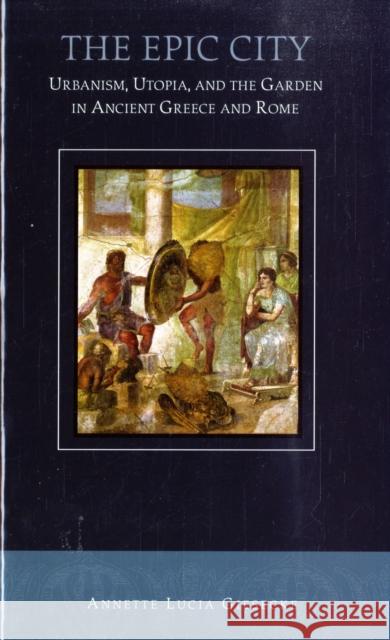The Epic City: Urbanism, Utopia, and the Garden in Ancient Greece and Rome » książka
The Epic City: Urbanism, Utopia, and the Garden in Ancient Greece and Rome
ISBN-13: 9780674023741 / Angielski / Miękka / 2007 / 220 str.
As Greek and Trojan forces battled in the shadow of Troy's wall, Hephaistos created a wondrous, ornately decorated shield for Achilles. At the Shield's center lay two walled cities, one at war and one at peace, surrounded by fields and pasturelands. Viewed as Homer's blueprint for an ideal, or utopian, social order, the Shield reveals that restraining and taming Nature would be fundamental to the Hellenic urban quest. It is this ideal that Classical Athens, with her utilitarian view of Nature, exemplified. In a city lacking pleasure gardens, it was particularly worthy of note when Epicurus created his garden oasis within the dense urban fabric. The disastrous results of extreme anthropocentrism would promote an essentially nostalgic desire to break down artificial barriers between humanity and Nature. This new ideal, vividly expressed through the domestication of Nature in villas and gardens and also through primitivist and Epicurean tendencies in Latin literature, informed the urban endeavors of Rome.











